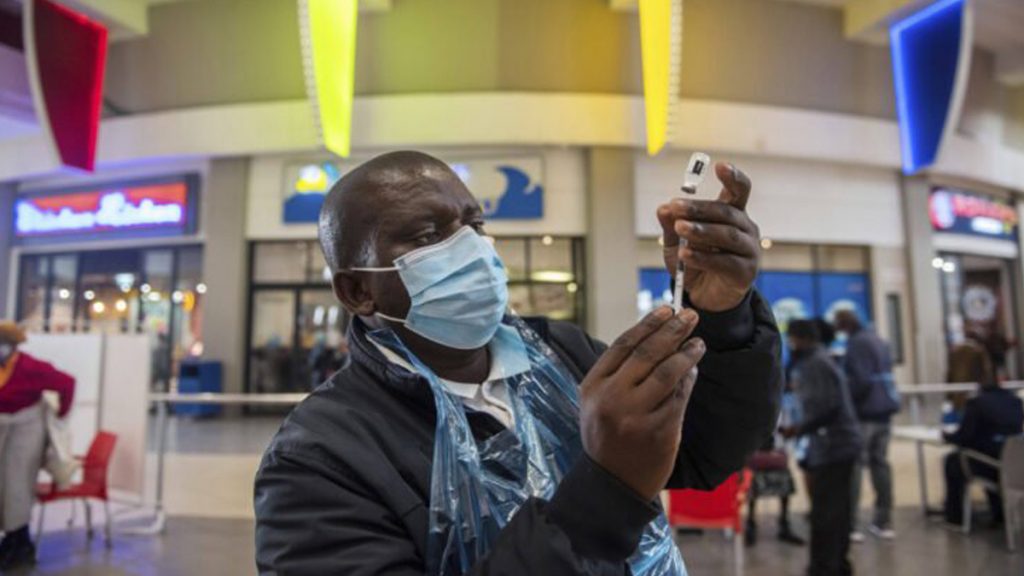Ambassador Collen Vixen Kelapile
Botswana’s Permanent Representative to the UN
Growing up in the remote village of Maitengwe in Botswana, I never imagined I would one day lead critical multilateral conversations on global development, in a world struck by a pandemic, a worsening climate crisis and mired in recurrent conflicts.
As the 12th African ECOSOC President, I represent not only my country, but I do it also for our African continent, in all its diversity, along with other Member States.
As we struggle to recover from COVID-19, sadly, only fifteen African countries, or less than a third of the continent, have vaccinated 10 percent of their population to date. We see a sharply divergent world with some recovering better, thanks to vaccines and stimulus packages, while the pandemic still rages elsewhere.
Many of the poorest countries, predominantly in Africa, risk another lost decade. We can only defeat this pandemic through true global solidarity and partnerships. A swift recovery from the pandemic requires urgent access to vaccines for everyone, mobilization of sufficient resources and ensuring that no one is left behind. No one is safe until everyone is protected.
With the help of Africa’s friends around the world and a reinvigorated COVAX Facility, the global platform to ensure equitable access to vaccines, we can do it and get our economies back on track. We need to close the funding gap of US$23.4 billion for the Access to COVID-19 Tools (ACT) Accelerator for vaccination, test and treatments.
ECOSOC also has the important task of incorporating social justice and climate action into COVID-19 response and recovery initiatives. A fair, sustainable and green recovery will set the world on course toward a 1.5 C pathway, ensuring prosperity for present and coming generations.
We made progress, though not enough, at COP26; however, getting it right at COP 27, which will take place in 2022 in Sharm El Sheikh, Egypt, is ever more urgent. This is important for Africa, which faces a climate emergency with rising temperatures, droughts and destructive floods threatening people’s livelihoods, food security and killing many.
My own country, Botswana, which has already been suffering from severe droughts for years, has integrated a drought management strategy as part of its national budget. We need relentless action in support of this kind of measure, starting now, to secure the well-being of people and that of our planet.
Also critical is the nexus between peace and socioeconomic development. Conflicts have historically been the major obstacle to Agenda 2063. We must silence the guns and work towards peaceful and inclusive societies.
We must implement what has been agreed by our African leaders since 2013 to achieve peace and security on our continent, once and for all.
Our Hope and Strength
The youth will determine the future of Africa. I am inspired by their persistence, passion, commitment and leadership. They bring new ideas and innovations to help us achieve a more inclusive and sustainable future. Our role is to accompany them in this process.
My Presidency’s priorities reflect this. Africa’s Agenda 2063 is at the fore. We must continue to implement the continental vision of the ‘Africa We Want’ while steadfastly also keeping a focus on achieving the 2030 Agenda for Sustainable Development to inform our response to the devastating pandemic.
